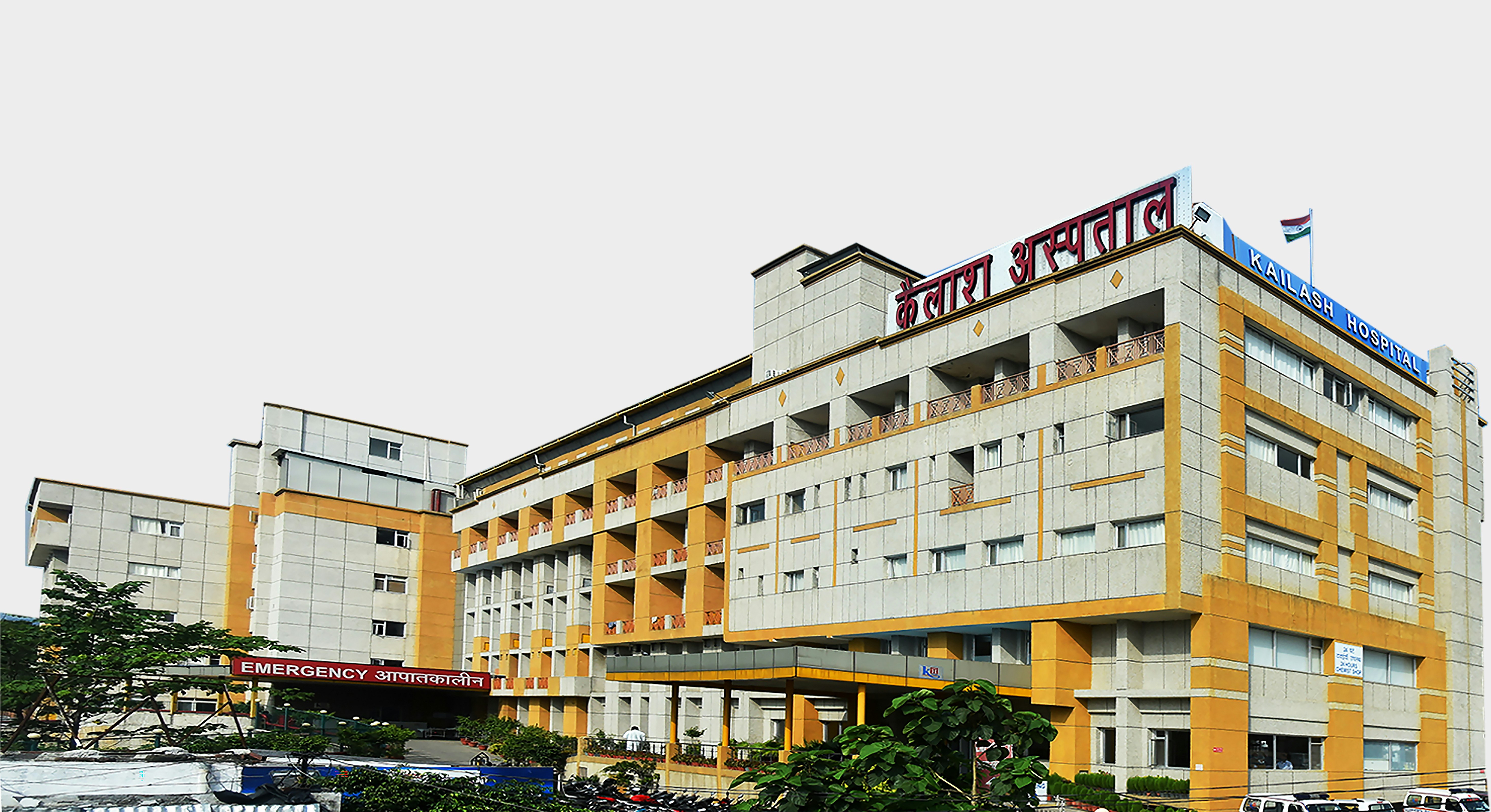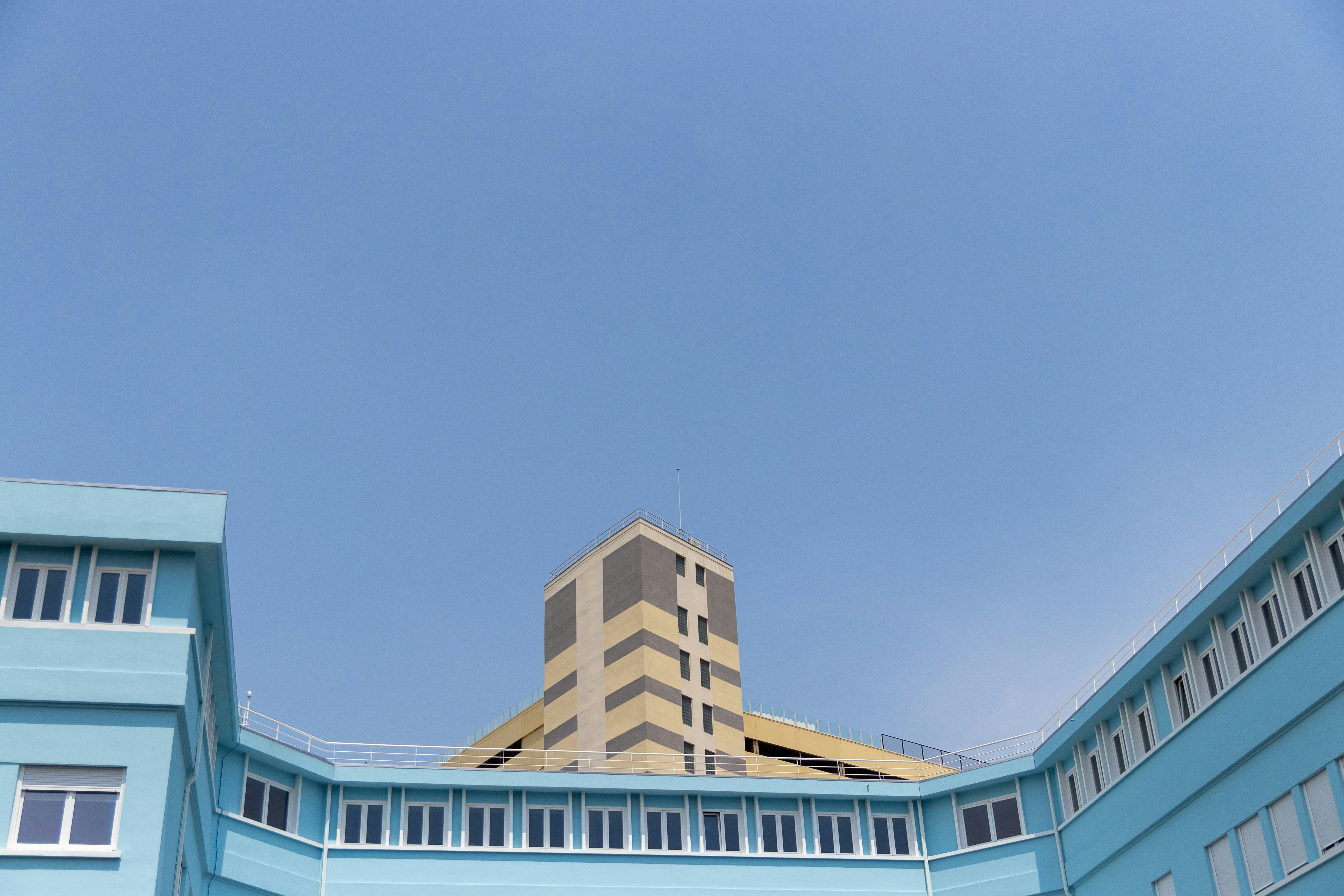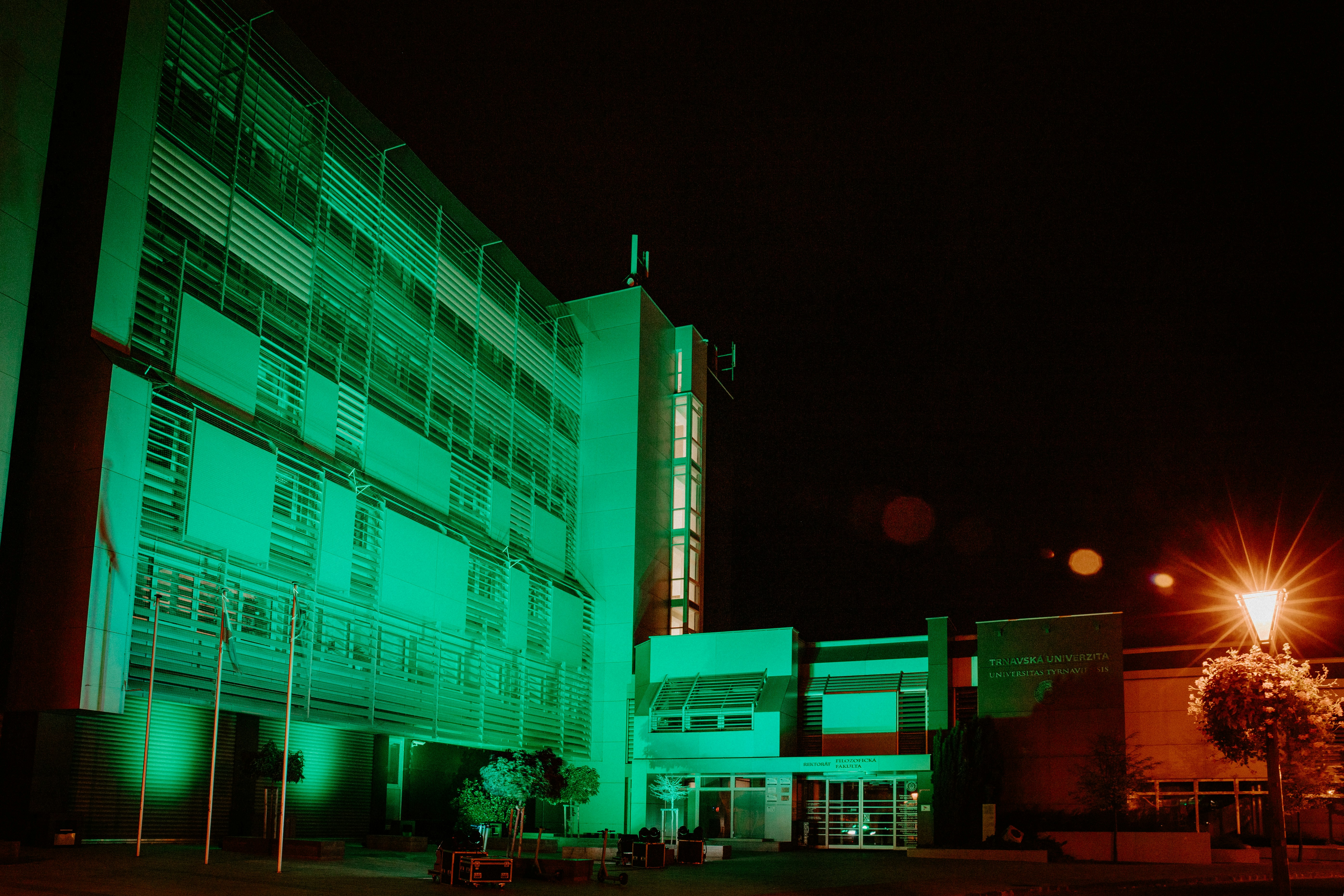Autism Testing Centers In Montana: Where To Get Tested

Getting tested for autism can be a life-changing step — whether you're a parent looking for answers about your child, a teen navigating school and social challenges, or an adult trying to understand lifelong patterns.
Autism testing isn’t about putting a label on someone. It’s about discovering how a person thinks, feels, and experiences the world.
With the right diagnosis, you can access therapies, support services, accommodations, and self-understanding that can make everyday life more manageable — and more fulfilling.
In Montana, there are trusted places to get evaluated. Whether you need a pediatric specialist, a provider who works with adults, or a university-based clinic with lower-cost options, this guide is here to help.
We’ll walk you through where to go based on your age, location, and budget — so you can move forward with clarity and confidence.
Who Might Want to Get Tested?
Autism can look very different from one person to the next. For some, it may show up as difficulty making eye contact or joining conversations.
Others may be highly sensitive to sounds, lights, or changes in routine. Some people seem quiet or “quirky,” but have intense interests or deep skills in specific areas.
If you or someone you care about experiences social struggles, strong routines, sensory overwhelm, or just doesn’t feel “in sync” with the world — no matter your age — then seeking an autism evaluation can be an important and empowering step.
What to Expect During an Autism Evaluation
If you're thinking about getting tested for autism — either for yourself or your child — it helps to know what the process looks like. Autism evaluations are not quick yes-or-no tests. Instead, they’re designed to give a complete picture of how someone communicates, behaves, processes emotions, and interacts with others.
The goal is to understand a person’s unique strengths, differences, and support needs — not to fit them into a box.
How Autism Testing Works in Montana
Most evaluations will include several steps, which may take place over one or more appointments, depending on the clinic:
- Interviews
A licensed professional — such as a psychologist, neuropsychologist, or developmental pediatrician — will ask about medical history, developmental milestones, behaviors, and social/emotional functioning. If the evaluation is for a child, parents or caregivers are usually involved. - Observations
The clinician may watch how the person plays, communicates, or responds in certain settings — either during structured tasks or casual conversation. - Standardized Tests
These tools help assess things like thinking skills, verbal and nonverbal communication, learning styles, and how someone processes the world. - Questionnaires
You (and possibly family members, teachers, or caregivers) may be asked to fill out forms about daily behaviors, challenges, and patterns — which help give a fuller picture across different environments.
Autism Testing for Adults in Montana
For adults, evaluations often focus more on lifelong experiences, especially around:
- Social communication and relationships
- Sensory sensitivities (like noise or texture discomfort)
- Strong routines or resistance to change
- Emotional regulation and self-understanding
- History of anxiety, ADHD, or misdiagnosis
Getting evaluated as an adult can bring relief, validation, and access to services — including workplace accommodations, therapy, and peer support.
How Long Does Autism Testing Take?
Autism testing can take several hours, often spread out over multiple visits. Some Montana clinics offer multidisciplinary evaluations, where a team of specialists works together. Others use a single clinician model, which may be faster but still thorough.
Factors that affect how long the process takes include:
- The person’s age
- Whether it’s a first-time evaluation or re-evaluation
- If there are other conditions being considered (like ADHD or speech delay)
- The clinic’s availability and process
Costs and Insurance in Montana
Autism evaluation costs in Montana can vary. Community clinics may charge under $500, while private providers or university-based assessments (like MtDAC) often range from $1,500–$1,800. Importantly, state law mandates that most insurance plans cover autism diagnosis and treatment for individuals under 18, usually with annual caps: up to $50,000 for children aged 8 and younger, and $20,000 for ages 9–18.
(Autism Speaks) (Montana Developmental Assessment Clinic)
Before scheduling, ask providers:
- Do you accept my insurance plan?
- Are payment plans, sliding-scale, or low-cost options available?
City‑by‑City Guide to Autism Testing Locations in Montana
City / Region | Clinic / Center Name | Who They Test | Type of Services | Insurance / Payment | Website |
Billings | Montana Developmental Assessment Clinic (MtDAC) | Children | Multidisciplinary diagnostic assessments | Medicaid & private insurance accepted; typical cost $1,500–$1,800 | mtdac.org |
Community providers via EarlySteps / Public Schools | Children (under 3) | Developmental screenings & referral supports | No cost through EarlySteps or school district | state OPI resources | |
Bozeman / Gallatin | Pediatric Therapy Clinic | Children | Autism & developmental evaluations using ADOS-2 | Insurance covered; pre-assessment $170–200, evaluations $200 | pediatrictherapybozeman.com |
Missoula | Child Development Center | Children (all ages) | Autism & Behavioral Services; early intervention | Most services free or income-based (courts.mt.gov) | childdevcenter.org |
Helena / Western MT | Rural Institute / MonTECH outreach | School-age children | Workshops, screenings, assistive technology guidance | Public school referrals; free consultations | umt.edu/rural-institute (University of Montana) |
Statewide / Online | Children’s Special Health Services (CSHS) | Children (up to age 22) | Financial assistance for diagnostic & therapy costs (up to $2,000/yr) | Based on income; provider-supported eligibility | CSHS Montana website |
Missoula / Butte / Havre | Circle of Parents groups | Families & caregivers | Support groups, resource referrals | Free community-based support (University of Montana) | circleofparents.org |
Tips to Choose the Right Location
- Check age focus & service needs: Some clinics specialize in early childhood; others serve older children or adults.
- Insurance options & cost transparency: Confirm accepted plans, sliding-scale rates, or scholarship options.
- Wait time vs. cost tradeoffs: University-based centers like MtDAC may have longer waitlists but offer structured, high-quality evaluations.
- Remote options: While telehealth autism testing is limited in Montana, school districts and therapists may offer virtual consultations—check availability in your area.
How to Use This Guide
- Identify the age group and support needs of the person you're helping.
- Select a nearby center that matches those needs in services and cost structure.
- Contact the center to ask about wait times, referral requirements, and whether evaluation reports or follow-up recommendations are included.
- Ask about insurance acceptance, sliding-scale fees, or alternative funding options like CSHS financial assistance or EarlySteps screening.
- Involve your local school district early, especially for children under 3 or school-aged children unsure if autism is a possibility.
Low‑Cost and Free Autism Testing Options in Montana
Getting tested for autism doesn’t always need to break the bank. In Montana, there are several trusted programs and organizations offering free or reduced-fee evaluations—especially for families with limited income or young children.
University Training Clinics & Autism Programs
- University of Montana Clinical Psychology Center (Missoula)
Offers psychological evaluations—including for autism—conducted by supervised graduate clinicians at reduced rates. The cost typically ranges from $150–350, and insurance is often accepted depending on the university's policy. (Autism Speaks, University of Montana)
Nonprofit & Specialized Diagnostic Clinics
- Montana Developmental Assessment Clinic (MDAC)
Provides interdisciplinary autism evaluations for children aged 18 months to 12 years. MDAC is a nonprofit clinic staffed by specialists across development, offering diagnostic clarity and recommendations at reduced cost. (Montana Developmental Assessment Clinic) - Developmental Educational Assistance Program (DEAP)
Serves children throughout eastern Montana (up to age 19), offering autism evaluations and ABA services, often as part of eligibility for state-supported intervention. Evaluation referrals usually come from medical providers. (deapmontana.org)
State-Funded Early Intervention Programs
- Early Intervention Services (Part C)
Montana provides free developmental screenings and referrals for children under 3 years old who may be at risk for autism or other developmental delays. Families don’t need a diagnosis to qualify. (piphelena.com) - Children’s Special Health Services (CSHS)
Offers financial assistance up to $2,000/year for children under 22 who have special healthcare needs—including diagnostic costs for autism. Eligibility is income-based (≤300% of federal poverty level). (University of Montana)
Statewide Resources & Supports
- Montana Family-to-Family (MT F2F) and Empowerment Center
This parent training and information center connects families with local autism resources, helps to understand rights under IDEA, and assists in navigating school-based evaluations. (University of Montana) - MonTECH Assistive Technology Program
Not a diagnosis provider—but essential support: MonTECH offers loans of tablets, laptops, webcams, and mobile hotspots for telehealth appointments and therapies—free shipping included. (University of Montana)
How to Choose the Right Evaluation Center
Look for trusted providers who offer:
- Qualified professionals: Licensed psychologists or developmental specialists experienced in autism assessment.
- Age-appropriate services: Early intervention screenings, child-focused diagnostics, or adult neuropsychological evaluations.
- Comprehensive and supervised evaluations: University-related or nonprofit clinics often use recognized tools and provide detailed feedback.
Questions to Ask Before Scheduling
- Do you assess children (under‑3/3–12) or teens/adults?
- Do you accept insurance or offer sliding‑scale fees?
- Is a referral required, especially for state-funded or Medicaid-based programs?
- Will I receive a written report with clear recommendations?
Montana’s rural nature means evaluating access can vary by county—but programs like MDAC, DEAP, and state-run supports ensure geographic barriers don't always stop families. With these resources, you can move forward confidently toward diagnosis and support.



